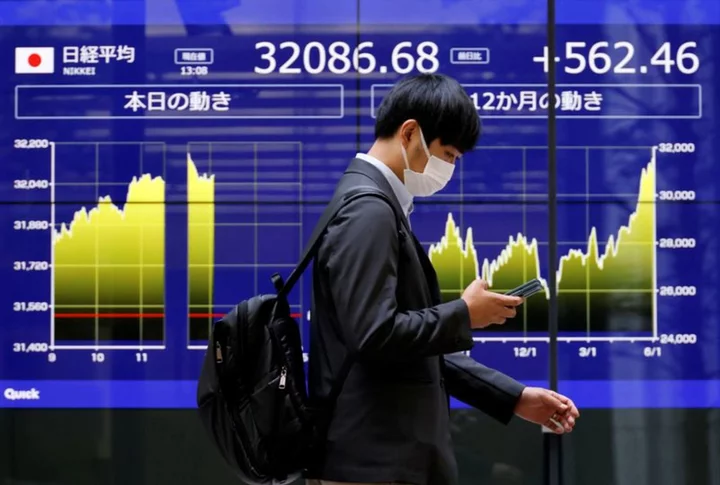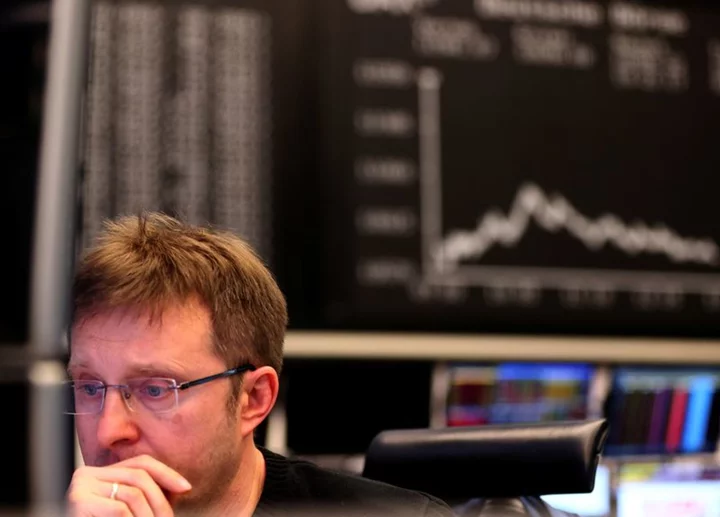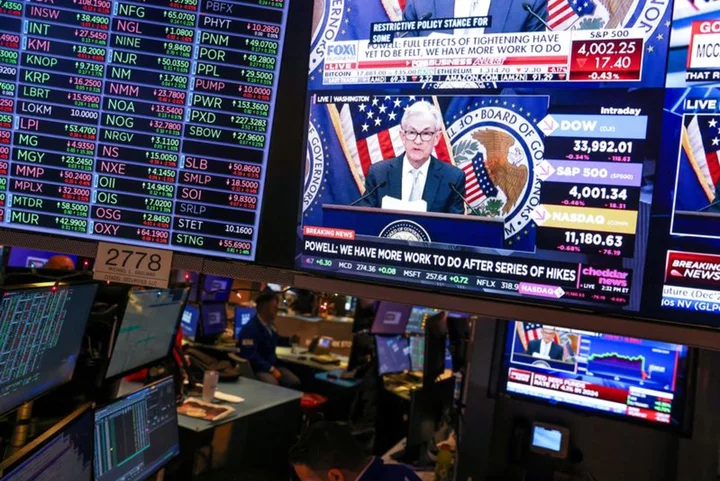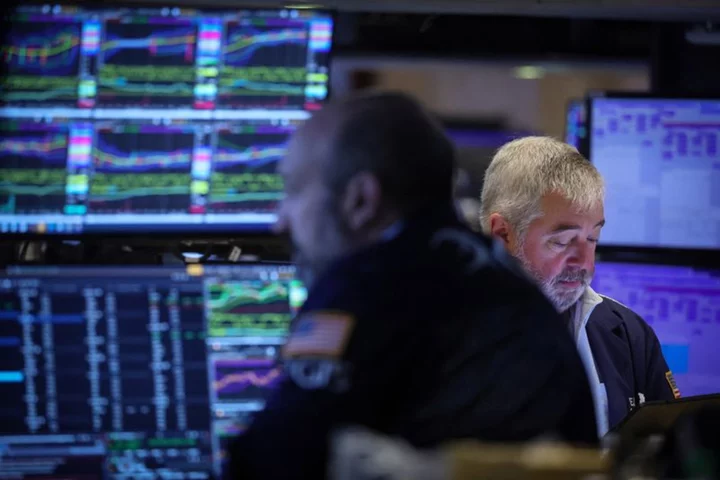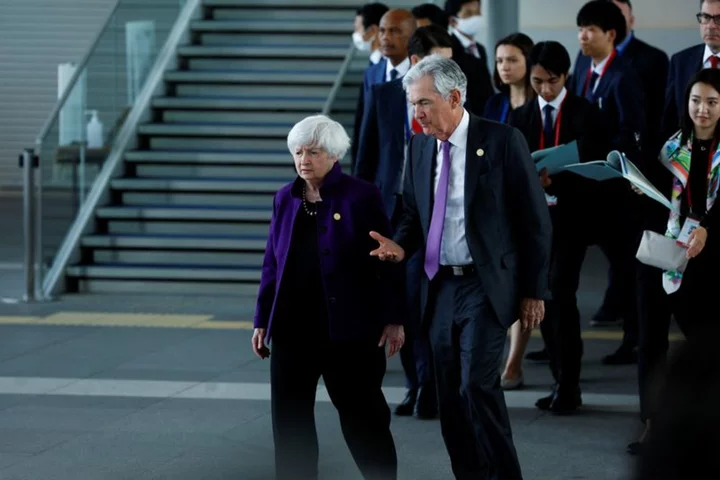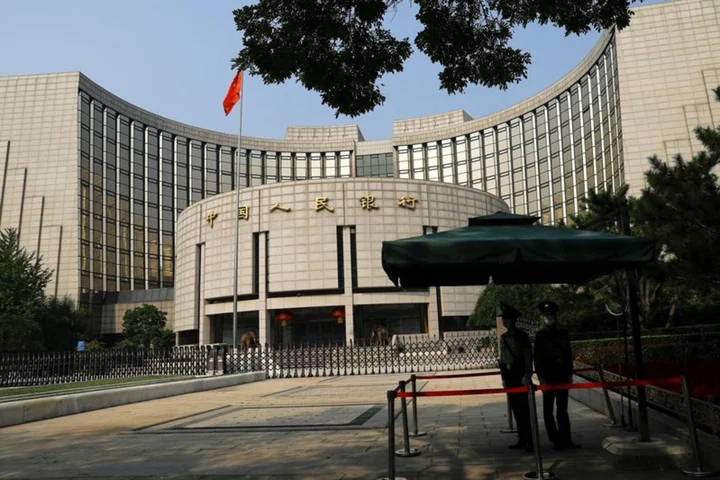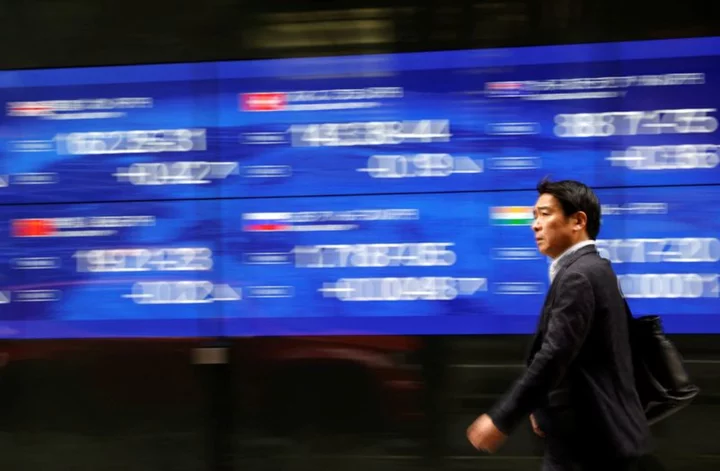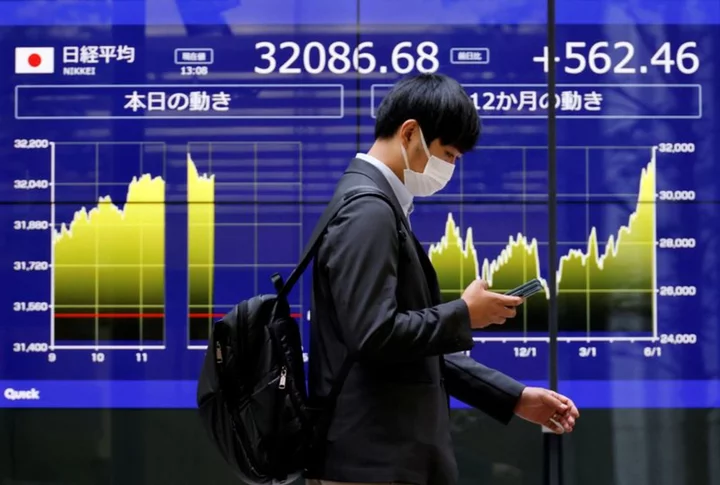Fine wine prices have been rising consistently for years, attracting investors looking to hedge against inflation, economic turmoil and stocks. Recently, the barrier to entry in the wine-as-an-investment market has fallen drastically, with a number of easy-access online brokerages and advisories popping up.
But after years of soaring -- the price of wine is falling, hurting the influx of new investors.
What's happening: Wine as an investment vehicle has spread in recent years thanks to the emergence of digital wine trading platforms -- celebrities like Jay-Z (who has made far more money in the alcohol industry than through music), David Beckham and Stephen Curry have also publicly invested in wines, boosting the popularity of the asset class.
Cult Wines, one such trading platform, saw gross sales revenue top $116 million in 2022, up 32% year over year. The company currently manages $375 million worth of fine wine assets (that's a 45% increase year on year).
That increase in wine investment makes sense. Fine wine has had a compound annual growth rate of 10% over the last 30 years, according to the Liv-Ex investables index, which tracks the going rates for fine wines. It has a fairly low correlation to the stock market, making it a valuable hedge against swings in stock prices, and physical assets also tend to withstand inflation fairly well.
But as heightened inflation, higher interest rates and the chance of recession plague the economy, even fine wines don't appear to be holding up. Cult Wines reported a 0.83% decline in the fine wine market in June. That's part of a broader decrease this year after prices gained from mid-2020 through 2022, they said.
Year-to-date, the company reports a 2.13% decrease in the value of its own proprietary index of fine wines. The S&P 500, meanwhile, is up nearly 16%.
"Fine wine as an investment isn't directly impacted by interest rate fluctuations or by cost of living increases, but in a rising interest rate environment investors may make a decision to allocate to cash or fixed income instead of to an alternative investment," said Atul Tiwari, CEO of Cult Wines Americas.
Cult Wines advises, purchases, stores and sells fine wine on behalf of investors looking to get involved, with a minimum investment of $10,000.
Leading the way in losses is Bordeaux, which experienced the largest drop of all fine wine categories in June. That's a bit worrisome, said Tiwari, as Bordeaux is the most established region in the fine wine investment market and typically maintains its price stability.
The Cult Wines Bordeaux Index dropped by 1.22% in June, and by more than 2% year-over-year.
Some speculate that the drop comes as the pandemic, new regulations and heightened geopolitical tensions curbed Chinese investment in Bordeaux. Tiwari thinks it has more to do with exchange rates.
London is the deepest and broadest market for fine wine, and so most trading is executed in the pound sterling. "The stronger British pound relative to the US dollar and yuan mean that investors' money isn't going as far as it used to," he said.
Silicon Valley Bank is alive in Napa: Silicon Valley Bank's collapse earlier this year dealt a temporary but major blow to the wine market.
SVB had lent over $4 billion to winery clients since 1994, with over 400 wine industry clients (including wineries, vineyards and vendors) working with the bank's premium wine division, according to the bank's website.
SEC filings, meanwhile, indicated SVB had about $1.2 billion in outstanding loans to high-end wine clients when the bank collapsed.
But Rob McMillan, founder of SVB's wine division, wrote this month that the wine division is "thriving" under its new owner, First Citizens Bank. "Despite the bank's crisis in March, we have successfully retained all of our employees and borrowing clients," he said. "In fact, we're currently experiencing a period of above-average growth, which may seem counter-intuitive, but it's a fact," he wrote in a blog post.
California wines, said Tiwari, have been a bright spot in an otherwise unsavory wine investment market. "California has been outperforming in the last month. We see opportunities with California wines."
PGA Tour officials say they had no choice but to reach deal with the Saudis
Two top officials of the PGA Tour said the sport's governing body had no choice but to reach a truce in its yearlong battle with LIV Golf and try to reach a merger with the Saudi-funded tour, reports my colleague Chris Isidore.
The comments came during a contentious Senate hearing Tuesday at which the truce between the PGA Tour and LIV Golf, as well as the Saudi government, were the subject of harsh criticism from senators.
"Today's hearing is about much more than the game of golf. It's about how a brutal, repressive regime can buy influence, and indeed even take over a cherished American institution to cleanse its public image," said Permanent Subcommittee on Investigations Chairman Richard Blumenthal, a Connecticut Democrat.
But Ron Price, the chief operating officer of the PGA Tour, and Jimmy Dunne, a board member of the tour's governing body, both said that the framework of the planned merger was the best chance to allow the PGA Tour to keep some measure of control over the sport.
"I really understand Sen. Blumenthal's concern about having them take over," Dunne said in comments before the committee. "They have an unlimited horizon and an unlimited amount of money. It isn't like the product is better. It's just that there's a lot more money that will make people [players] move [from the PGA to LIV]. I'm concerned with what the senator is worried about. But I'm concerned if we do nothing we're going to end up there, they're going to end up owning golf. They can do it."
Bot or not? How to tell when you're reading something written by AI
At some point this week, you may have read a sentence written by artificial intelligence and not even known it.
So reports my colleague Clare Duffy in an eye opening deep dive into how to tell whether something was written by a machine or a human.
Learning to spot AI text will be an increasingly vital skill for anyone who wants to be an informed consumer and colleague, writes Clare, especially as bots like ChatGPT become more advanced and convincing.
The good news is that people can be trained to identify AI-generated text, according to research published earlier this year by a group at the University of Pennsylvania.
Clare, and a number of UPenn researchers, talk about how to do that here.
If you're suspicious that a body of text was generated by a machine, OpenAI, the company behind ChatGPT, has created a tool that predicts how likely it is that a piece of text was generated by AI from a variety of sources, such as ChatGPT.
The tool, for what it's worth, it does not consider this text to be AI-generated. Or at least, it says it's very unlikely.


